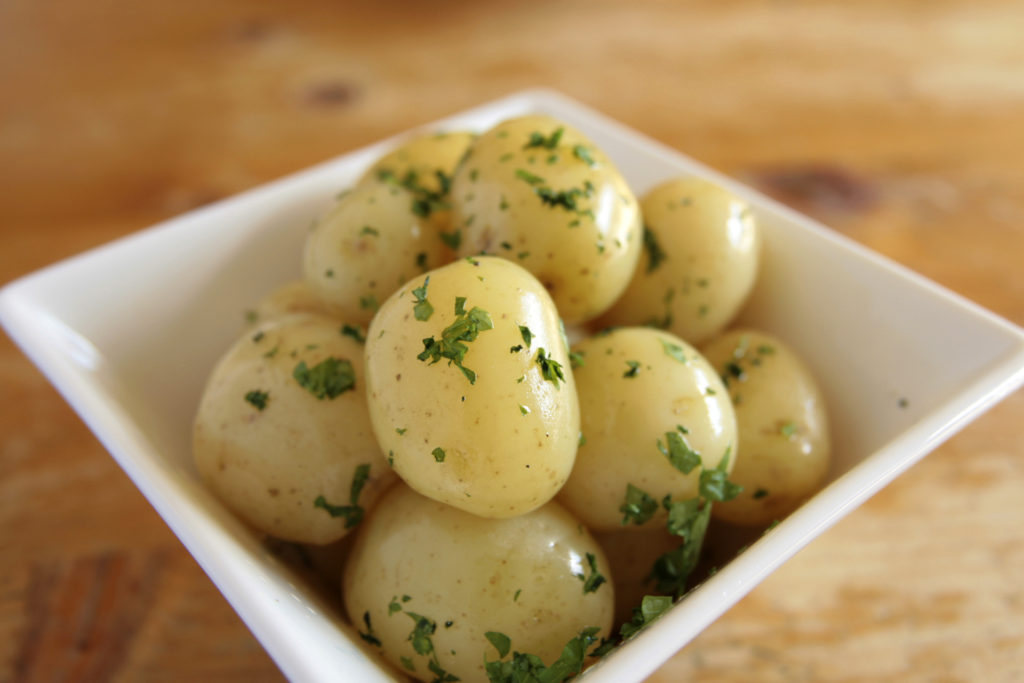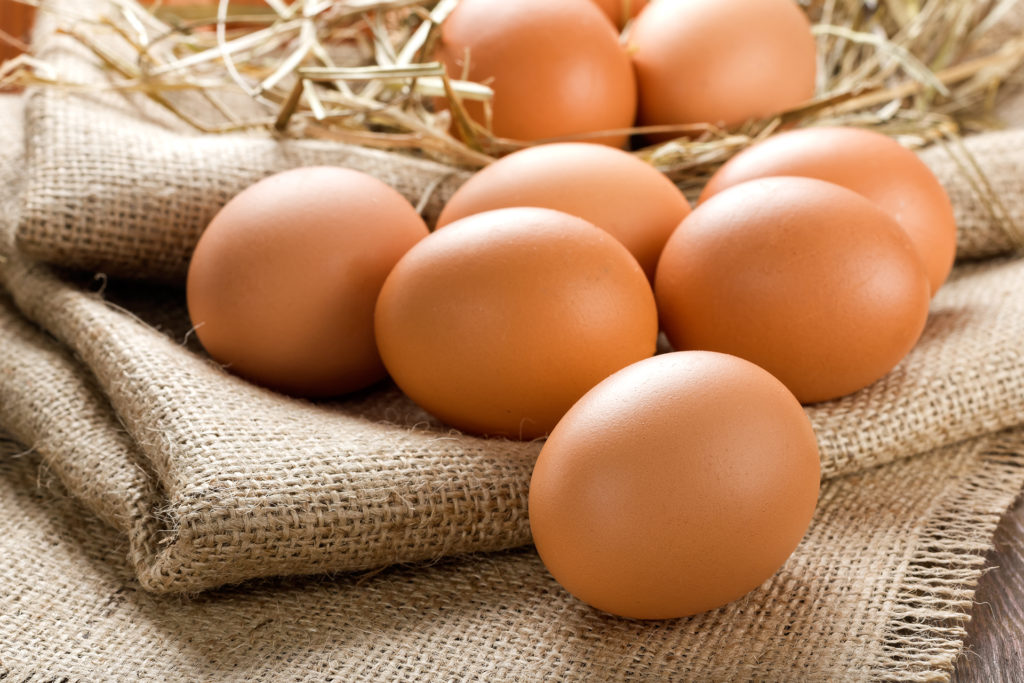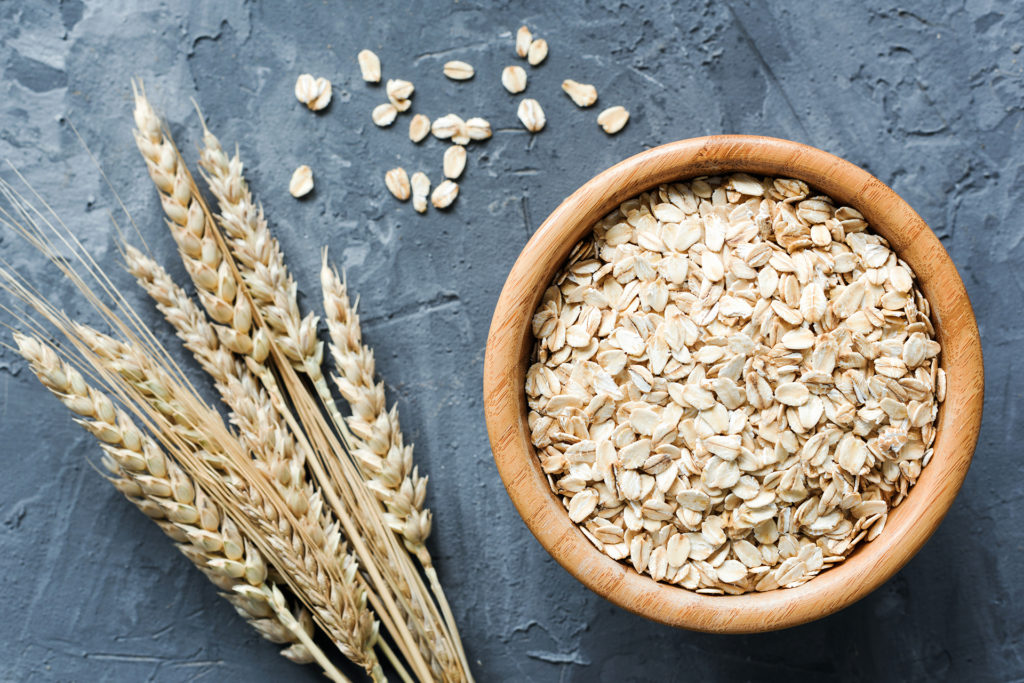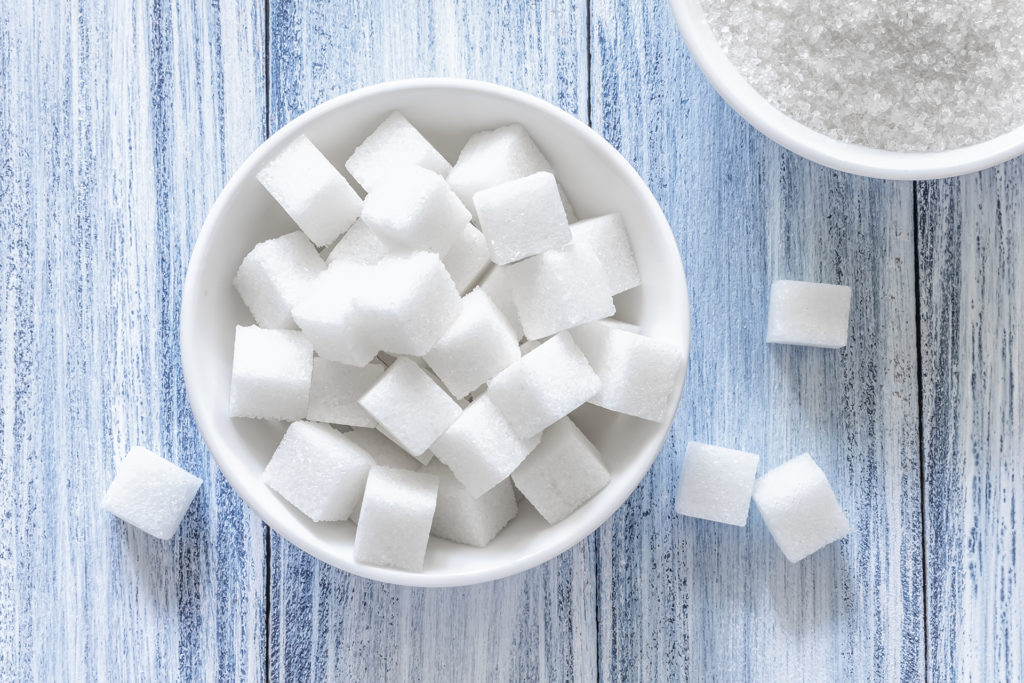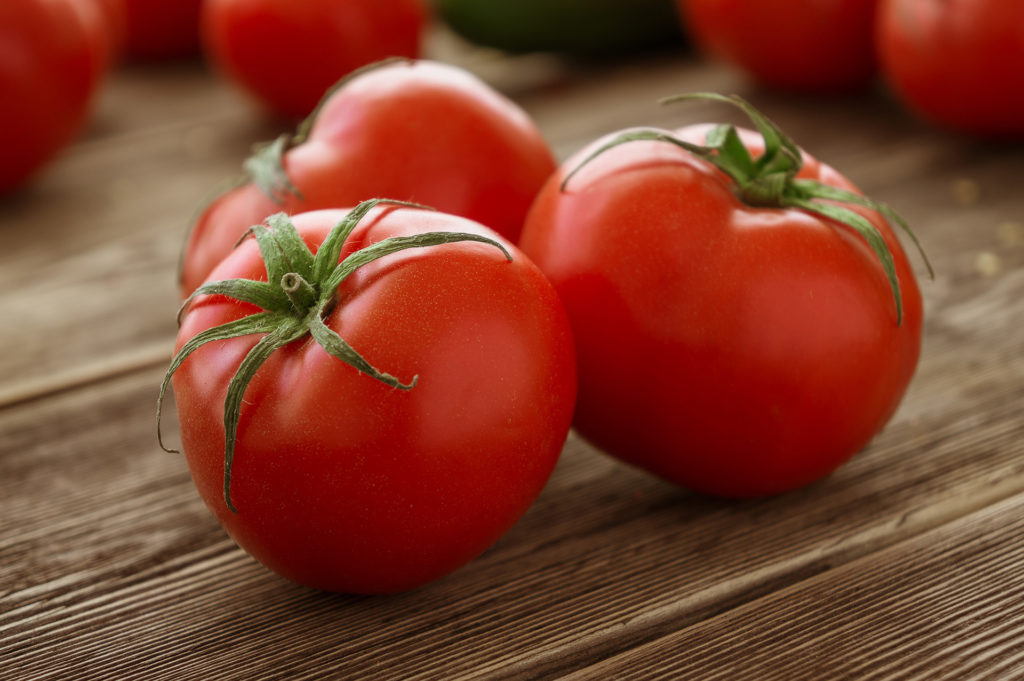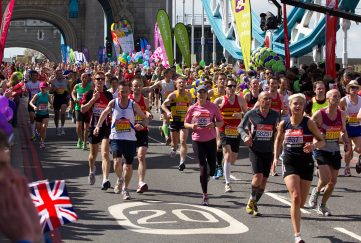The Best Foods To Fuel A Great Night’s Sleep

Struggling to sleep? Your diet could be the problem. From citrus fruit to late-night chocolate, there are foods which can stop you from sleeping.
Mattress online asked two nutrition experts to tell us which foods to eat to fuel a great night’s sleep – and which ones we should avoid. Discover the advice from Alex Ruani, Chief Science Educator at The Health Sciences Academy and Anna Mapson, Registered Nutritional Therapist from Goodness Me below.
The Top Foods To Solve Your Sleep Problems
What should we be eating to get a better night’s sleep? Our experts tell us what nutrients you need and which foods to get them from.
1 Carbohydrates, like pasta and rice
To avoid spiking your blood sugars, choose complex carbs such as brown rice, wholegrains or starchy vegetables. You can also try potatoes or pasta.
Demonised by many, digestible carbohydrates may help us fall asleep faster and sleep more deeply. Carbs increase the availability of tryptophan in the brain, an amino acid which produces melatonin.
A digestible carbohydrate-rich meal two to four hours before bed can help you to fall asleep faster (shortening sleep latency) and to sleep more deeply throughout the night (improving sleep quality).
2 B vitamins from protein, such as poultry and nuts
B vitamins are vital for brain function and are involved in the production and use of melatonin and other sleep neurotransmitters. Even a mild deficiency in any of these B vitamins is associated with disordered or poorer sleep.
Vitamin B12 is mostly present in animal foods, including oysters, oily fish, poultry, eggs and dairy. Vegans and vegetarians can still aim for good-quality protein at each meal with nuts and lentils.
3 Melatonin from plant foods, like peppers
Although the body can make its own melatonin, surprisingly it is found in foods with natural sedative effects, too. Plant foods have a high melatonin content, including vegetables (especially peppers), mushrooms, legumes (beans and lentils) and some berries (like sour cherries).
4 Seeds for magnesium production
Magnesium is an essential mineral, which not only acts as a muscle relaxant, but it also enhances the secretion of melatonin, helping to promote sleep. A magnesium deficiency may result in a difficulty to fall asleep and even insomnia.
Top food sources of magnesium include shelled hemp hearts, sesame seeds, pumpkin seeds, sunflower seeds, flaxseeds, almonds and dried thyme. A magnesium supplement is also beneficial.
5 Zinc from cereal grains
While magnesium is mostly researched for sleep induction, zinc’s effects are different and related to the quality of sleep and the duration of sleep. In fact, both human and animal studies have associated zinc intakes with improved sleep quality.
Good sources of zinc include oats, wheatgerm, sesame seeds, oysters, meat and eggs.
The Worst Foods To Eat Before Bed
Some foods can make your sleep worse. Here’s what you shouldn’t be eating if you’re trying to get a better night’s sleep.
1 Sugar
Some foods may have a detrimental effect on the brain and metabolism when consumed in excess. For example, several studies have linked increases in sugar consumption to disturbed sleep patterns, more restlessness during sleep and shorter uninterrupted sleep.
High sugar foods late at night can also affect our blood sugars, leaving us unable to sleep.
2 Citrus fruit
If you have a medical condition such as gastroesophageal reflux, avoid foods that are more likely to exacerbate your reflux symptoms during sleep and wake you up as a result.
Those with reflux problems should avoid fatty foods, tomatoes, citrus fruit, and allium vegetables like garlic and onion.
3 Too much water
While it’s important to be properly hydrated before bed for quality sleep, overhydration at night is likely to be detrimental and reduce the length of our uninterrupted sleep.
If you wake up five to six hours after bedtime (instead of seven to eight hours), drink less just before bed and instead, maintain hydration levels throughout the day.
4 Alcohol
Alcohol shortly before bedtime has been found to have an overall negative impact on sleep. Alcohol is a sedative so it may help you drop off to sleep, but you’re not going to go into the deep restorative sleep and you may wake in the night, or wake up feeling sluggish in the morning.
Heavier alcohol use can also cause hangover symptoms, such as headaches, gastrointestinal upset, fatigue, and thirst. And these symptoms impact functioning during the day and even the sleep quality of the following night.
5 Caffeine from coffee and chocolate
It’s no secret that caffeine keeps you awake, but your lunchtime coffee could stop you from sleeping. A study observed that 400mg of caffeine six hours before bed can delay sleep by one hour.
Besides obvious caffeine sources like coffee, tea, cola and energy drinks, some foods contain caffeine too. Dark chocolate, milk chocolate, biscuits and sweets can have considerable amounts of caffeine, potentially delaying our ability to fall asleep when eaten before bedtime.
Did you know? A 100-gram dark chocolate bar may contain as much (if not more) caffeine as a cup of coffee! The darker the chocolate, the higher its caffeine content.
For more sleep research, news and advice, check out the Mattress Online blog.

